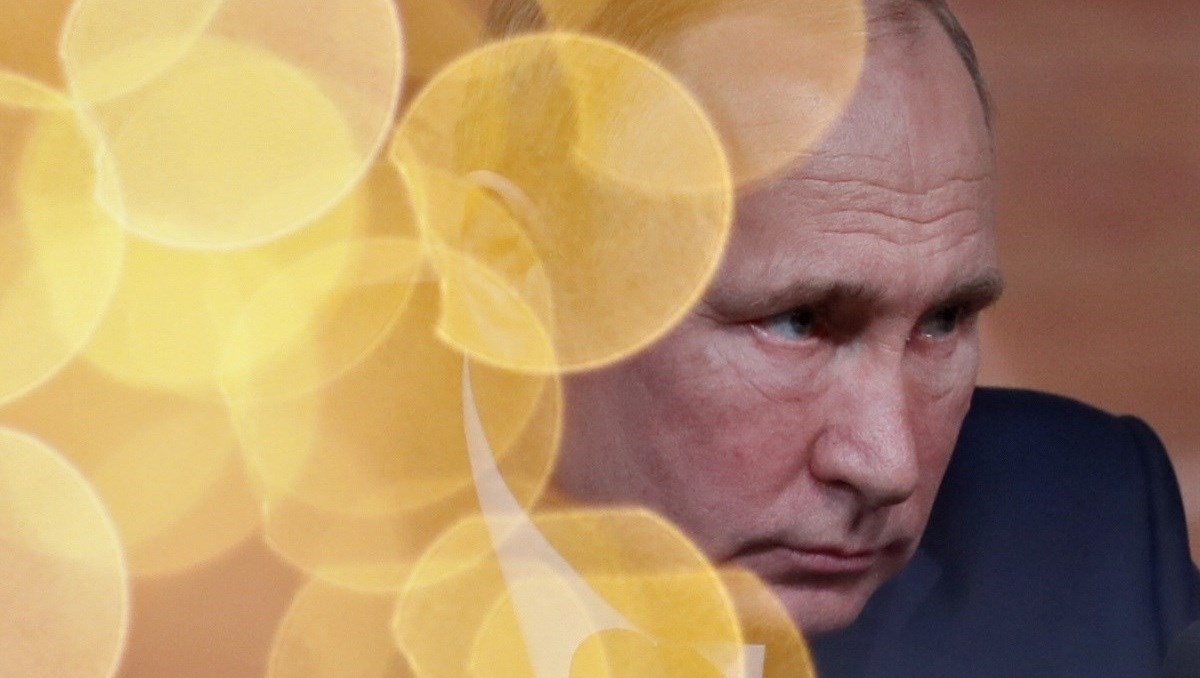The European Commission has proposed the 18th sanctions package targeting the Russian energy and banking sectors. The sanctions include a ban on transactions involving the Nord Stream 1 and 2 pipelines, a cap on the maximum price of Russian oil, expanded export bans, and restrictions on access to the SWIFT system. The goal is to reduce Russia’s revenues from energy sales and restrict access to critical technologies and industrial goods. EU member states must unanimously approve the sanctions package.
Political Perspectives:
Left: Left-leaning outlets emphasize the humanitarian and geopolitical necessity of the sanctions to pressure Russia to end its aggression. They highlight the importance of targeting key sectors like energy and banking to weaken Russia’s war capabilities and support Ukraine. They may also discuss the need for solidarity among EU countries and the global community.
Center: Center-leaning sources focus on the factual details of the sanctions package, explaining the measures and their intended economic impact on Russia. They present the sanctions as a strategic move by the EU to curb Russia’s war funding while noting the need for unanimous approval by member states. The tone is balanced, highlighting both the sanctions’ potential effectiveness and the challenges ahead.
Right: Right-leaning media may emphasize the sanctions as a necessary but potentially risky step that could have economic repercussions for Europe, such as energy supply issues and increased prices. They might critique the EU’s approach as either too harsh or insufficiently coordinated, stressing the importance of protecting European interests and energy security while maintaining pressure on Russia.































